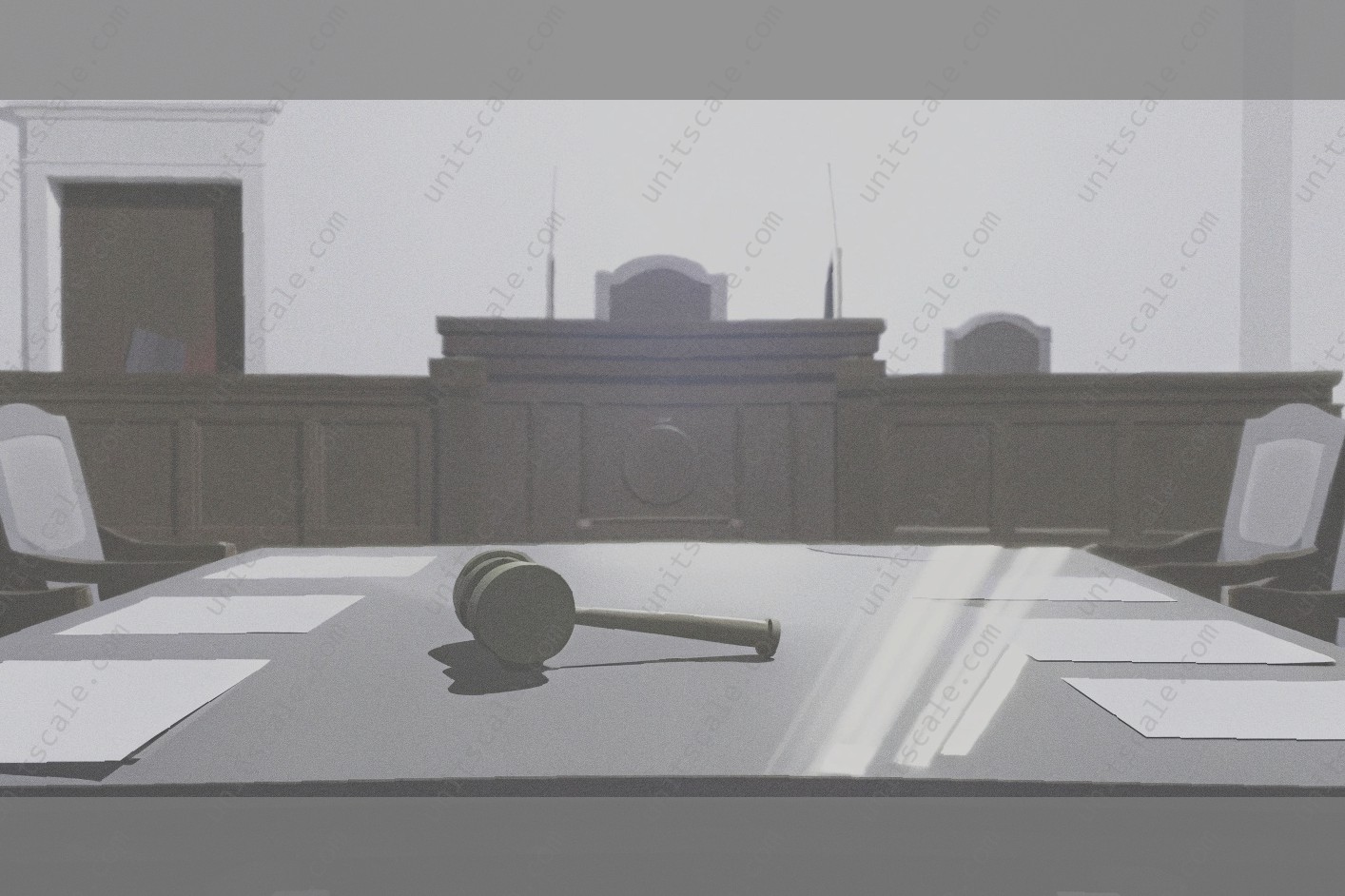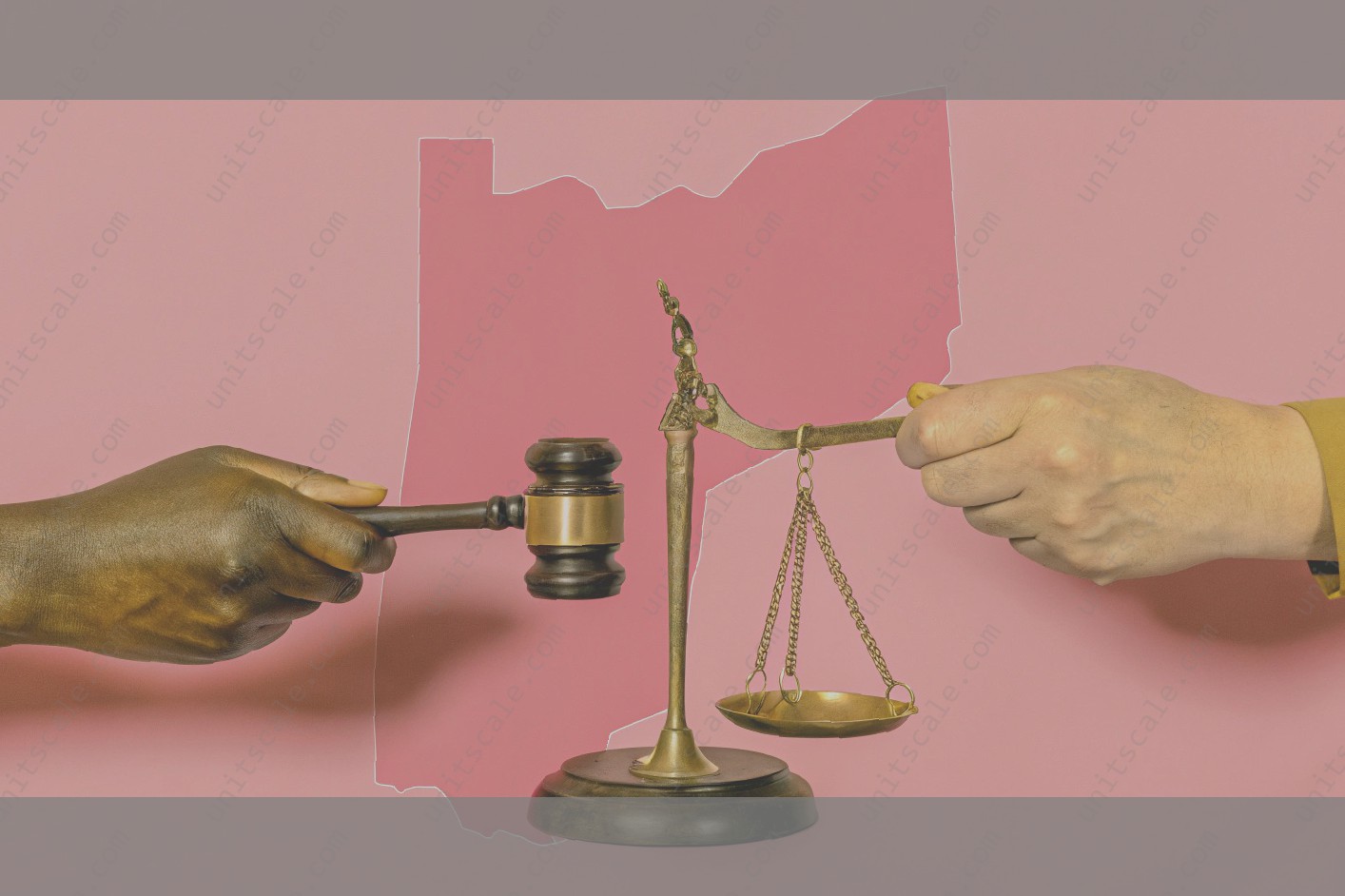What is a Case Management Conference?
A Case Management Conference (CMC) is a meeting that occurs generally shortly after a lawsuit has been filed. The CMC is one of the first steps in the litigation process. California Rule of Court, Rule 3.724 states that the purpose of the CMC is to address the following: (1) Discussion of the complaint and answer or cross-complaint and answer; (2) Discussion of alternative dispute resolution, including mediation and arbitration; (3) Referral of the case to a referee, special master, or other neutral third party; (4) Development of a timely and economical lawsuit schedule; (5) Resolution of discovery disputes, including protective orders, motions to compel, and related requests; (6) Notification of witnesses whose testimony is necessary to settlement or trial; (7) Disclosure of expert witnesses; (8) Discussion of settlement; and (9) Referral to other departments for mandatory settlement conference procedures or assistance with discovery issues.
These issues are generally discussed in the context of a proposed Case Management Statement that has been filed with the court. The types of information that are included in a statement include the nature of the case , the relief sought, whether mediation or arbitration will be requested, discovery needs, a trial date, any agreements made, and recommendations for future hearings. Note that the Rules of Court require that a proposed CMC be filed with the court at least 15 days prior to the scheduled CMC.
At the CMC, the judge will then summarize the issues, suggest a plan to resolve them, set a case schedule and, if you agree, order it by court order. Although there is no jury present at a CMC, a court reporter records the proceedings, and many CMC’s are relatively short compared to an actual trial. CMC’s usually last between 15 minutes to an hour. Occasionally, the parties agree on a plan, and the court enters the agreement as an order. If the parties do not agree on a plan, the court may order the parties to mediation or set a date for the actual trial.

The Purpose of the Case Management Conference
Another important purpose for the case management conference is that it assists the Court in establishing a timetable for the conduct of the litigation. The Court can ascertain, during a case management conference with the parties, what type of discovery is being sought, by whom and at what point in time in the litigation such discovery is likely to be needed. For example, if there are third parties who have been joined, or who might be joined, in the litigation, the need to complete their joinder by pleading amendment or by motion practice might be determined during the case management conference. Some matters require the joinder of, or the obtaining of, an insurance carrier by an insured party to gain access to the insurance coverage potentially available to them. Oftentimes this process would have to be completed before the other parties would want to complete depositions. Quite frequently, the Court will want to have a short discovery period, and will need to know whether it will be limited to fact discovery, or whether expert discovery will also be needed, and whether briefing of dispositive motions will be necessary.
In some cases, the Court needs to know if the parties have already completed depositions. If that is the case, then obviously more time is needed for the taking of depositions of additional witnesses. In some instances, a party may notify the Court that needed discovery should not start until a later date. For example, a party may seek to deposes a medical provider, but may not want to commence such a deposition until the medical records are received, reviewed and analyzed. Some of the other preliminary issues that were able to be addressed in the case management conference and which contributed to the adoption of an appropriate schedule for the matters at issue in the case included, issues concerning the need for a subpoena or order for the production of documents held by third parties, whether depositions should be conducted prior to the completion of document production, whether a party sought medical examinations or other testing, whether there should be any requests for confession of judgment, whether a request for settlement conference might be appropriate, whether pre-trial motions should be filed, and whether there were any special issues concerning the taking of deposition which might be unusual, that the Court should be made aware of through the submission of a scheduling order or a separate letter memorandum to the Court.
The Process, Procedure and Setting of a Case Management Conference
When setting the agenda for the case management conference, the Court will consider the pleadings, the status of discovery, and any discovery disputes that are outstanding at the time. Moreover, it will track and set the time for all deadlines by when written discovery must be given and responded to, depositions must occur, an expert’s reports must be exchanged, and any motion by either party regarding Discovery must be filed and served. In addition, the Court may set the matters to be heard at the pre-trial conference, and the trial date. However, whether or not the trial date will stand, will largely depend on what occurs after the case management conference and whether a dispositive motion is filed by either party.
A Case Management Conference requires that all parties—and their counsels— attend in whatever State that the action is commenced. At the conference, each party will be required to discuss their position(s) on the current status of the litigation, prepare an agenda, and, if necessary, attend a mediation to assist in settling all or part of the dispute. In contrast, a Case Management Conference, held virtually, would only have the parties and their attorneys make an appearance if such conference was a settlement conference, or if the parties or counsel were in an area where they did not have access to a court. While a virtual conference does not have to be held in person, it is up to the parties whether or not they wish to appear at such conference in person.
If the Court believes that a case cannot be fairly subjected to a Case Management Conference without the parties first attending mediation, the Court will advance the mediation schedule. A Case Management Conference is oftentimes very informative as to the party’s view on whether the dispute should proceed to a trial. As such, if a party does not attend, it will receive ‘formal’ or orderly sanctions, depending on the State where the action is filed, without any further warning.
The Advantages of a Case Management Conference
Also known as a case conference or pre-trial conference, a case management conference is one of the few opportunities the parties have to discuss informal options for resolving an issue. It is an opportunity for the lawyers involved to "meet and confer" about what issues should be addressed by the court and what issues can be resolved outside of court. The judge’s time is valuable, and they tend to appreciate when parties use their time wisely. A case management conference can save time in the long run because the court does not need to preside over as many formalities. Especially for simple legal issues that require little judicial oversight, it can make sense to approach the matter informally without going through the usual litigation process.
For example, you can agree to the property division and parenting schedules on your own terms, even if an issue is formally appealed. It is also effective for quickly determining whether or not certain procedural issues are necessary for the case to progress. Since most civil cases are governed by strict timelines, case management conferences can be a great way to get stuck issues moving along. It also minimizes the necessity for future hearings, which can help to minimize attorney fees and costs and is also beneficial because parties are not racking up more attorney fees at a time when their bills are likely already overwhelming.
Simply having a case management conference, however, doesn’t guarantee that the judge will be able to address your case so don’t mistake it as a sure thing. For cases that are particularly stubborn, the court will either encourage the parties or their attorneys to do the work or they will hold another case management conference at a later date if they believe that the issue is not yet suitable for judicial attention.
Preparing for a Case Management Conference
In the days leading up to a case management conference, the party or parties actually preparing for the conference – not the lawyer – should review all documents and start making a list of questions they want asked at the case management conference. While the client is preparing their heartfelt list of questions to ask the judge, their lawyer should be reviewing more practical matters.
A good question to start is whether discovery has been served . Who has received what? Has anyone not responded? The answers to these questions can make a difference. If one side has not served discovery, it may be too early for the Court to set a trial date. One side may have already had the opportunity to complete documetn production while the other did not even know what was coming and had no time to prepare for responses. A good attorney will explain to the client the pre-trial process and explain the importance of the case management conference.
Typical Outrocomes of a Case Management Conference
As we mentioned in a prior blog entry, there can a variety of outcomes from case management conferences. We have found that the most common include (1) dismissal of one or more claims of the parties, without prejudice, (2) settlement of one or more claims (3) the issuance of a scheduling order, which sets time frames by which the litigation is to proceed and the timetable on which discovery can be conducted or (4) referral of the matter to a private mediator or arbitrator for resolution or discovery management. Typically, if one of the parties does not appear or pursue claims, the court has the discretion to dismiss the claims of that party. If the parties have settled the matter prior to or at the time of the conference, there are a number of ways that the court can dismiss the matter or set forth a timeline for the parties to execute a settlement agreement. If the court has entered into a scheduling order, this is typically a roadmap for how the litigation should proceed. However, note, that a scheduling order can be amended by the parties, if all agree in writing to the new deadlines. In the event that the parties cannot agree on a schedule, and must get the court involved to amend their existing scheduling order, they could be subject to monetary sanctions or Plaintiff’s might have their claims dismissed or further action on their claims stayed until they pay the award. Most attorneys do their best to cooperate with counsel and treat each other with courtesy in order to make sure that everyone is on the same page with a court imposed schedule and to avoid having the matter taken out of the tracks for a few months to get a new court date. The referral of a matter to a private mediator or arbitrator could be done at any point in the litigation, but at the CMC is typically seen as a last resort. We believe that a lot of attorneys save those options as the last ditch effort to settle the matter or on an as needed basis to avoid a long delay in getting a results.
Case Management Conference FAQ
How is a case management conference different from a trial?
A case management conference is not a trial. Both parties have an opportunity to speak, but there is no opportunity to introduce evidence. The judge listens and then issues case management directions such as the need for disclosure or appointing experts for the purpose of settling or trial. Parties can also agree to case management directions which become court orders shifting the case forward without any judge involvement .
What if a party fails to attend the case management conference?
If a party fails to attend the case management conference, the judge will issue case management directions in the party’s absence. Alternatively, the party who failed to attend will be required to explain their reasons for not attending. If the other party or their solicitor was responsible for the failure to attend, the judge may exercise their discretion to award costs against that party. The missing party will also be required to contact the case management clerk to obtain the matter’s next available case management conference date.


